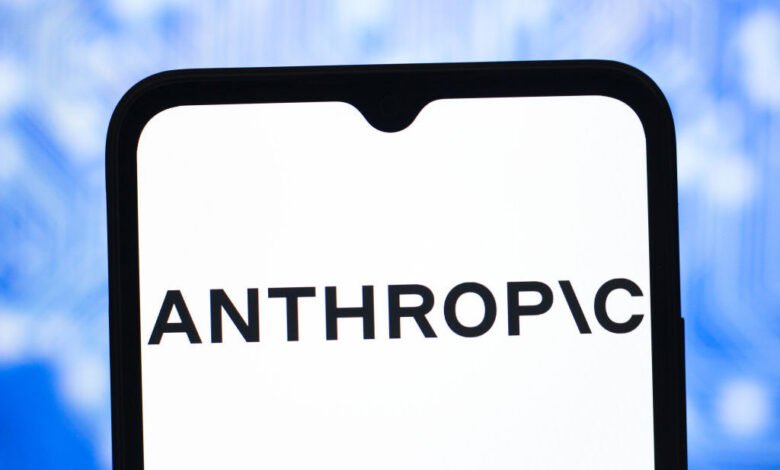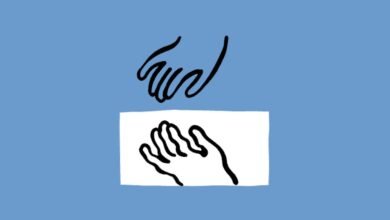Judge Slams $1.5B AI Settlement as Forced on Authors

▼ Summary
– US district judge William Alsup criticized a proposed $1.5 billion settlement over Anthropic’s illegal use of books to train its AI models.
– The settlement covers less than 500,000 works and is a small fraction of Anthropic’s $183 billion valuation, potentially letting the company avoid admitting wrongdoing.
– Alsup denied preliminary approval, calling the settlement incomplete and chaotic due to unresolved details like notification processes and dispute resolution.
– The judge expressed concern that lawyers rushed the deal, risking it being forced on authors without proper safeguards or input.
– Alsup demanded changes, including requiring all copyright owners to opt in and specifying that ownership disputes be settled in state court.
A federal judge has sharply criticized a proposed $1.5 billion settlement involving Anthropic’s alleged use of pirated books to train its artificial intelligence systems. US District Judge William Alsup expressed serious reservations about the agreement during a recent hearing, suggesting it was being forced upon authors without adequate safeguards or clarity.
The case stems from accusations that Anthropic illegally downloaded millions of copyrighted works to develop its AI models. Had the court proceeded without a settlement, the company could have faced staggering damages exceeding $1 trillion, given that the certified class included as many as 7 million claimants. Instead, the current proposal covers fewer than 500,000 works and represents only a tiny fraction of Anthropic’s $183 billion valuation.
Critics argue the deal lets the AI firm off too lightly, especially since it does not require an admission of wrongdoing. Meanwhile, Anthropic continues to attract massive investment, recently securing $13 billion in funding, based on technology trained using the very content at the heart of the dispute. That sum alone is nearly ten times the amount offered in the settlement.
Judge Alsup raised concerns that attorneys rushed the agreement, potentially forcing it “down the throat of authors” without proper consultation or transparency. In a written order, he pointed to numerous unresolved issues, including incomplete lists of affected works, unclear class definitions, and a lack of detail on how claims would be processed or disputed.
The judge denied preliminary approval, describing the settlement as “nowhere close to complete” and urging both sides to recalibrate their approach. He emphasized that critical elements, such as how to handle works with multiple copyright owners, remain entirely unaddressed.
Among the changes Alsup demanded is a requirement that all rights holders must opt in for a work to be included in the settlement. If even one co-owner objects, the work would be excluded. He also insisted that any disputes over ownership or claims should be resolved in state court, not through the class-action mechanism. Until these and other procedural gaps are filled, the judge made clear he will not approve the deal.
(Source: Ars Technica)




